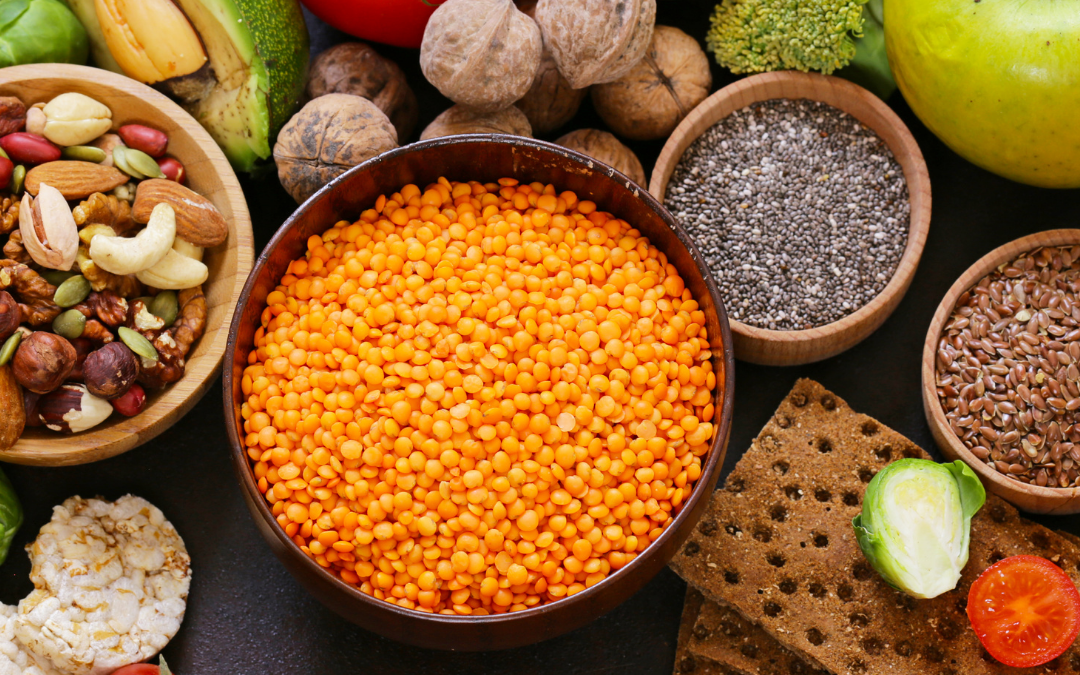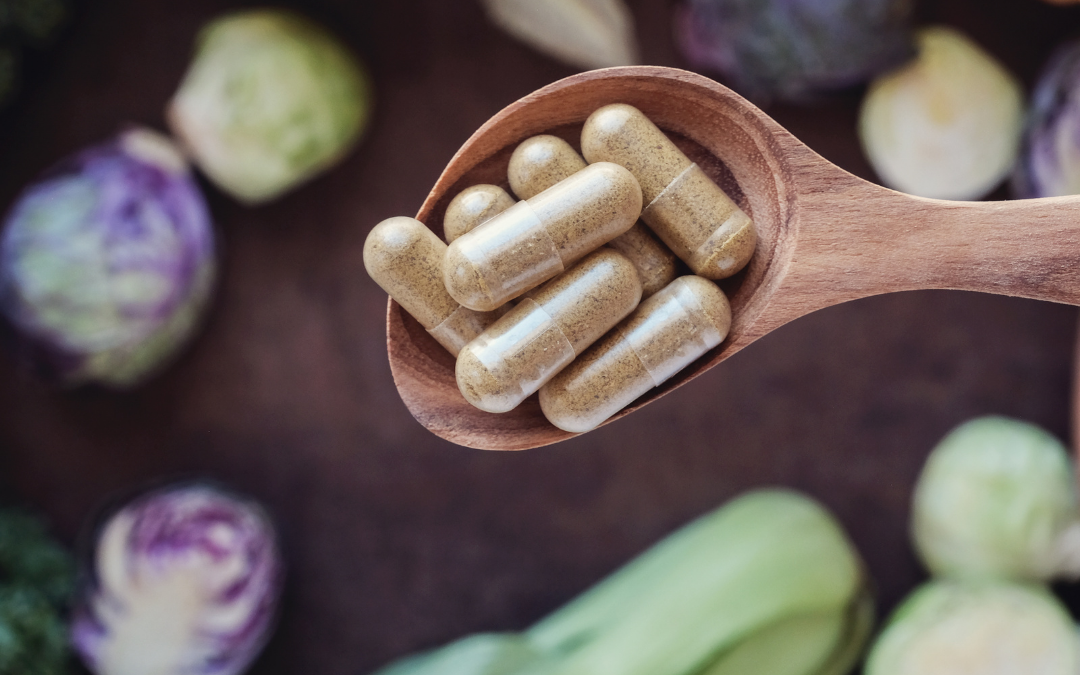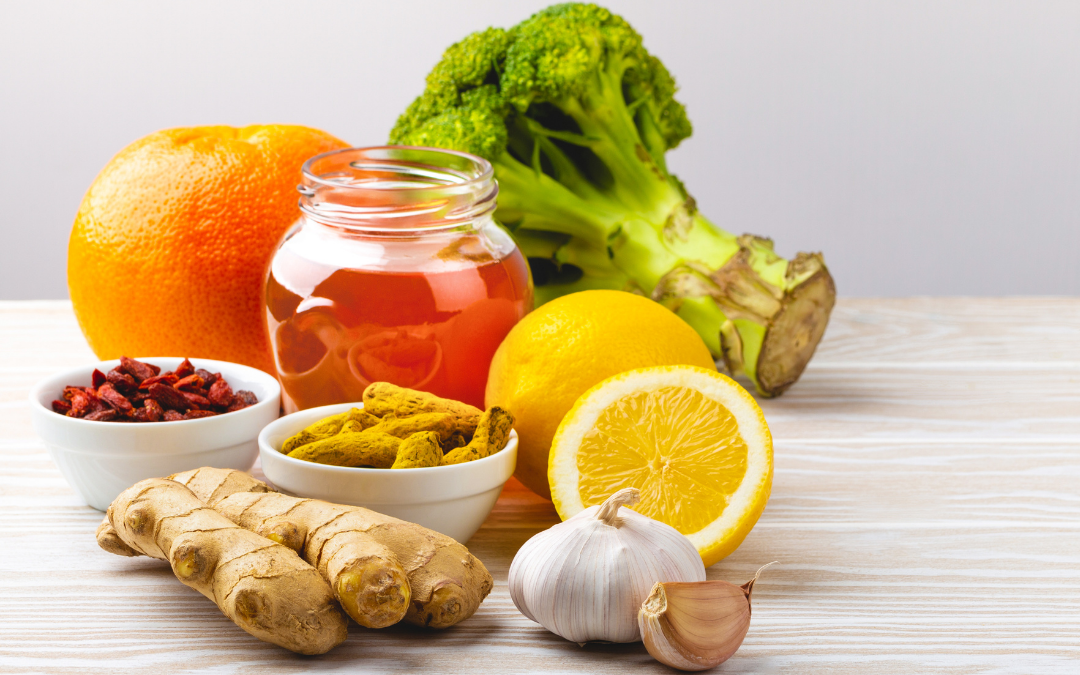I started having my periods at the age of 12 and I have suffered with severe pain ever since. My mum took me to the doctor when I was about 15 and he put me on the Pill. At the time it was great because I went from being totally incapacitated for 2 days every month to being ‘normal’. I came off the Pill in my late twenties because I knew it was not good to be on long term. The pain seemed to be even worse having come off it. Each month I would be in so much pain that I would often be sick, and faint. Although my work colleagues were very supportive, it was difficult if I was in an unfamiliar situation.
I went back to my doctor and he suggested I try a different type of Pill, so I said I wanted to explore other options. He sent me away with a prescription for a very strong painkiller. I was reluctant to take it but went off to get a supply as an emergency. I searched for ‘painful periods’ on the internet and came across a really interesting site by Dr Marilyn Glenville. The site explained how nutrition can be helpful for the treatment of painful periods. I downloaded an ‘e-book’ on ‘Understanding Painful Periods’, which I read and found very useful.
I phoned the Glenville Nutrition Clinic because I decided that I needed more support from an expert rather than trying to help myself and struggle on my own. I spoke to a very helpful receptionist who talked me through the consultation process and what I would get out of my initial appointment. She sent me a questionnaire to complete and return for the nutritionist to review before meeting me. I had to fill in a two-day diet diary, which was interesting because it made me write down everything I was eating and drinking – it was quite an eye opener. I thought it best to be honest rather than write down what the nutritionist wanted to hear!
Before my first consultation it was recommended that I perform a Hair Mineral Analysis to identify any mineral deficiencies. This was really straightforward because all it involved was taking a sample of my hair and sending it off to the laboratory for analysis and the results would be back in time for my consultation.
The nutritionist went through my questionnaire with me and asked about my painful periods – how long they had been painful, what medical investigations had I had and any drugs I was taking. It felt very thorough, and she was really taking time to understand my symptoms (rather than having a rushed 10 minutes with my GP).
She explained that pain is usually a warning signal from your body, so it is important that the pain is investigated. She asked whether my doctor had referred me to a gynaecologist. I explained that he had never mentioned this, even when I had shown concern that I may have a condition like endometriosis. The nutritionist suggested that I follow her recommended programme for 3-6 months and if there was no improvement, I should ask my doctor to refer me for further investigation.
The nutritionist did say, however, that period pains can be unusual in that there may actually be nothing medically wrong – they can simply be an abnormal functioning of your body around the time of your period. This is pretty good news because it means that if you can get things back into balance, you’ll not only get rid of the pain but you’ll prevent it from returning. The natural approach aims to treat the condition, not simply mask the pain or ‘turn off’ your cycle. Furthermore, if you work to put your body back into balance all aspects of your health and well-being will be improved.
The results of my Hair Mineral Analysis identified low levels of zinc and magnesium. The nutritionist explained that magnesium acts as a muscle relaxant and it has been shown to have a beneficial effect on painful periods and lower back pain. Magnesium also has the ability to lower the ‘bad’ prostaglandins (hormone-type substances that can cause inflammation) that may be causing the womb to over-contract. Zinc is important for eliminating pain because it is needed for the proper conversion of essential fatty acids into ‘good’ (anti-inflammatory) prostaglandins.
The nutritionist went through my diet in depth with me. She was concerned that I didn’t eat enough fresh vegetables and fish and relied too heavily on processed meals and sugar! I had never really enjoyed cooking and I suppose I used this as an excuse. She said that I didn’t need to always cook from scratch and spend time in the kitchen – there are always short cuts! She explained that some foods like red meat, dairy and sugar can actually be pro-inflammatory (cause inflammation) which triggers the painful periods, and some foods can be anti-inflammatory (calm inflammation) like oily fish, nuts, seeds and dark green leafy vegetables. Luckily, I do enjoy these foods – I just never really ate them! She said that I could eat tinned fish to make my life easier, and sardines and mackerel in particular are rich in the anti-inflammatory omega 3 oils. Dark green vegetables, including salad leaves (watercress and rocket) are rich in magnesium, which is a natural muscle relaxant so helps with the cramps I was experiencing.
The nutritionist explained that when your body is out of balance, and has been for some time, diet alone is not always sufficient. She recommended that I give my body extra support with nutritional supplements. She put together a tailor-made plan that incorporated a good multi vitamin and mineral as a ‘foundation’, then added to this extra vitamin B complex, magnesium, high strength fish oil and zinc. She explained that the B Vitamins are needed to help produce ‘good’ prostaglandins, which help to relax and widen blood vessels (as opposed to ‘bad’ prostaglandins, which increase the womb contractions and increase the pain). The B vitamins have been shown to significantly reduce the intensity and duration of period pains.
The nutritionist told me that taking EFAs (essential fatty acids) in supplement form is extremely important in the treatment of painful periods. Research has shown that women with low intakes of omega 3 fatty acids have more painful periods than women who have a good intake.
I booked a follow up consultation for 8 weeks later so the nutritionist could assess me after two menstrual cycles. The first period my pain was definitely less intense and on my second cycle there was a remarkable difference. The intensity and frequency of pain was much less. I didn’t need to take any time off work – which was amazing – and I felt normal the whole cycle! I didn’t have to take any painkillers at all, which was brilliant.
I am now 6 months on from seeing the nutritionist and I have kept up with eating well and taking the supplements. I can’t thank the Glenville Nutrition Clinic enough for their support and encouragement in getting me to better health. My life is transformed and I am now in control of my period rather than the other way around! The best thing about it is that I no longer have to plan my life around my period!
Dr. Marilyn’s Comment
Katy’s story is a great example of how powerful nutrition can be in actually addressing the underlying cause, rather than just treating the symptoms. With a change of diet and taking specific, good quality, nutritional supplements Katy has not needed to take strong painkillers and she can lead a normal life – whereas before she was losing at least 2 days each month to her painful periods.
As the nutritionist stressed in the consultation, sometimes pain can be due to an underlying medical condition, so it is always important to be vigilant and further medical investigation is sometimes needed. Although Katy noticed improvement within one menstrual cycle, it can take up to 6 months to correct the balance. Nutrition can take longer to take effect and change hormone balance compared to conventional drugs but the benefit is longer lasting.
If you would like to explore whether a consultation with an expert nutritionist at the Glenville Nutrition Clinic could help you, please contact us on 01892 515 905 or send us an email at reception@glenvillenutrition.com



